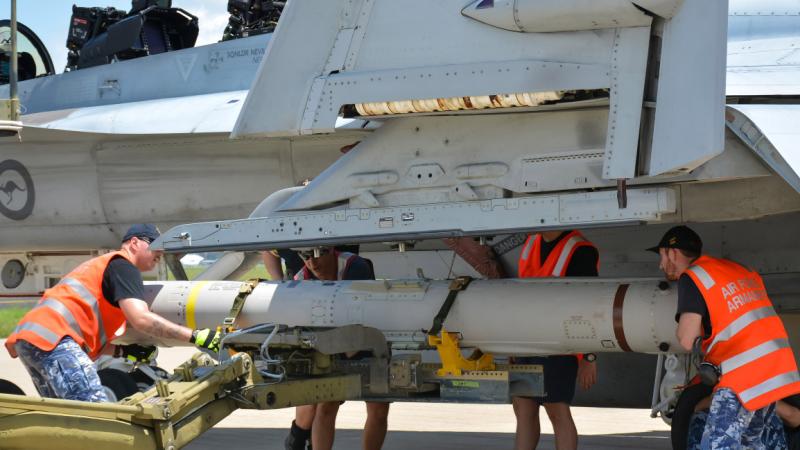Improved rainfall across most parts of the Murray-Darling Basin in 2020-21 led to widespread increases in water storage volumes and allocations. These conditions, combined with large volumes of carryover water from the previous season, led to irrigation infrastructure operators delivering 120 per cent more water to irrigators than in 2019-2020, the ACCC’s twelfth annual Water Monitoring Report has found.
The Murray-Darling Basin-focused report reviews regulated water charges, compliance with the water rules by infrastructure operators and Basin state governments, and ‘transformation’ arrangements that allow irrigators to convert an irrigation right (within an irrigation corporation’s network) into a standalone water access entitlement, held by the irrigator or traded to another person.
In 2020-21, the number of transformations reported by irrigators fell to 96, which was the lowest level since the ACCC commenced monitoring 12 years ago.
The number of terminations, where an irrigator partly or fully reduces their right to access a water infrastructure operator’s irrigation network, was also at an historic low, declining to 11 in 2020-21.
“Low numbers of transformations and terminations suggest the industry has stabilised, after a period in which some irrigators exited irrigation corporations’ networks in response to the introduction of the water rules. The numbers also reflect that many irrigation networks are finalising their current network rationalisation programs,” ACCC Deputy Chair Mick Keogh said.
As part of its water monitoring, the ACCC prepares ‘typical bills’ which estimate the annual charges that irrigators pay for different water entitlement and delivery scenarios from on-river (bulk) operators and irrigation infrastructure operators.
In 2020-21, most bulk operator typical bills showed only moderate increases of two per cent or less from the previous year. Irrigation infrastructure operator typical bill results were more variable, with average aggregate bills for pressurised networks increasing by less than one per cent, and average aggregate bills for gravity fed networks decreasing by around two per cent.
“It is notable that during a period of generally high operating costs irrigators have not faced large price increases to access water,” Mr Keogh said.
“Increases in input costs and the ending of the New South Wales drought relief waiver for fixed government charges mean we may see more significant increases in coming years.”
Complaints and enquiries to the ACCC related to the water rules decreased for the second consecutive year in 2020-21. The decline may in part be attributed to the rules having been in effect for 11 years, meaning they are now mostly working as intended.
The report shows that trade of water allocation into, out of and within irrigation infrastructure operators’ networks increased by 16 per cent in 2020-21. Over the past eight years, allocation trade volumes reported by irrigation infrastructure operators have grown by at least 10 per cent per year, apart from in 2017-18. Trading of water delivery rights also grew in 2020-21, increasing by 121 per cent.
“Water markets in the Murray-Darling Basin have developed significantly since 2007. Trade of water delivery right provides an option for those wanting to increase or decrease their delivery capacity, and also offers an alternative to the costly termination process,” Mr Keogh said.
Note
In preparing the water monitoring report, the ACCC uses a range of sources to assess trends in regulated water charges and compliance with the rules. These include data collected directly from water infrastructure operators and Basin states, as well as information published by government agencies, academia, and industry.
Irrigators may hold their own water access entitlements or hold a right to a share of water available under an entitlement held by an irrigation infrastructure operator, such as Murray Irrigation Limited or Murrumbidgee Irrigation Limited. If an irrigator who holds an irrigation right with an irrigation infrastructure operator wishes to permanently trade that water to someone outside the operator’s network, several processes are involved, starting with ‘transformation’.
Transformation can give an irrigator more control and flexibility over their water rights, especially in relation to external trade, but may come with additional costs. Following transformation, the customer can trade the water held under their water access entitlement temporarily or permanently.
Transformation arrangements are regulated by the Water Market Rules 2009.
Historically, the ‘water charge rules’ collectively referred to the Water Charge (Infrastructure) Rules 2010, the Water Charge (Termination Fees) Rules 2009 and the Water Charge (Planning and Management Information) Rules 2010. These three sets of rules were combined in a single piece of legislation, the Water Charge Rules 2010, on 1 July 2020.








